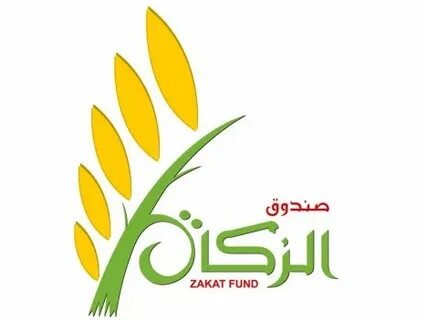As digital transformation accelerates across the Muslim world, technology is becoming central to how zakat fund is calculated, collected, and distributed. From mobile apps to blockchain-based platforms, innovation promises transparency and efficiency—but it also brings ethical questions that every Zakat institution must address. Ensuring Shariah compliance, data protection, and fairness is essential for preserving the spiritual integrity of Zakat.
In this article, we explore the key ethical considerations in using technology for Zakat distribution and how organizations can adopt tech responsibly.
1. Ensuring Shariah Compliance in Digital Systems
The foundation of Zakat is rooted in Islamic law, which means any digital tool used must strictly follow Shariah guidelines.
Some concerns include:
-
Correct calculation based on nisab and applicable assets
-
Eligibility screening based on the eight Qur’anic categories
-
Prohibition of interest (riba) in integrated payment systems
-
Transparency in fund movement between donors and beneficiaries
Tech developers must work closely with scholars to ensure algorithms and automation do not violate Islamic rulings.
2. Protecting Donor and Beneficiary Data
With online Zakat platforms collecting personal details, financial records, and verification documents, data privacy becomes a major ethical responsibility.
Key considerations include:
-
Storing data securely and preventing unauthorized access
-
Avoiding the sale or misuse of user information
-
Using data only for the purpose of Zakat assessment and distribution
-
Compliance with global and local privacy regulations
A breach of sensitive beneficiary information can undermine dignity and trust—two core principles of Islamic charity.
3. Avoiding Bias in Automated Eligibility Screening
Many Zakat platforms now use AI or automated systems to evaluate whether beneficiaries qualify.
However, automated tools can unintentionally create bias if not properly monitored.
Ethical risks include:
-
Excluding deserving families due to incomplete data
-
Misclassifying individuals based on algorithmic assumptions
-
Over-prioritizing certain categories of beneficiaries
Human oversight must remain central to avoid injustice and ensure fairness.
4. Maintaining Transparency Without Compromising Dignity
Technology allows Zakat funds to provide real-time tracking, public audits, and impact dashboards.
While transparency is essential, it must not come at the cost of beneficiary dignity.
Examples of unethical practices include:
-
Posting identifiable photos of recipients without consent
-
Sharing sensitive stories for marketing purposes
-
Pressuring beneficiaries to publicly acknowledge Zakat support
Organizations must balance accountability with compassion and respect.
5. Preventing Over-Commercialization of Zakat Platforms
Some modern Zakat tools rely on paid ads, subscription models, or partnerships with profit-driven companies.
This raises ethical questions such as:
-
Are donors’ funds being indirectly used for commercial gain?
-
Are companies exploiting religious obligations for profit?
-
Are vulnerable communities being targeted with misleading messages?
Zakat systems must prioritize service and integrity over monetization.
6. Ensuring Equal Access to Digital Zakat Services
Not all Muslims have access to smartphones, internet connectivity, or digital literacy.
Exclusively digital platforms risk leaving behind:
-
Elderly individuals
-
Low-income families
-
Rural populations
-
Refugee or displaced communities
A truly ethical Zakat ecosystem must offer both digital and offline access to prevent exclusion.
7. Building Trust Through Responsible Technology Use
Technology can strengthen trust by improving transparency, reducing corruption, and accelerating distribution.
However, with every technological advancement comes the responsibility to:
-
Educate donors on how platforms work
-
Provide clear privacy and security statements
-
Regularly audit systems for compliance
-
Maintain open communication with community leaders
Trust is the backbone of successful Zakat institutions—and ethical tech use is essential to maintaining it.
Conclusion
Technology has the power to transform Zakat distribution, making it more efficient, transparent, and accessible. But innovation must never overshadow the core Islamic principles of fairness, compassion, accountability, and dignity. By addressing the ethical considerations outlined above, Zakat organizations can embrace digital tools responsibly—ensuring every donation reaches the right hands in a manner that is both effective and spiritually rewarding.
Read about: https://www.knockinglive.com/the-psychology-of-giving-why-muslims-choose-zakat-platforms/
This post was created with our nice and easy submission form. Create your post!





